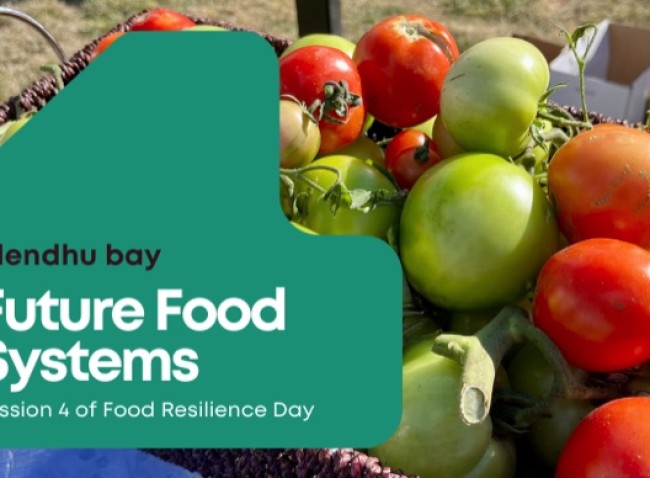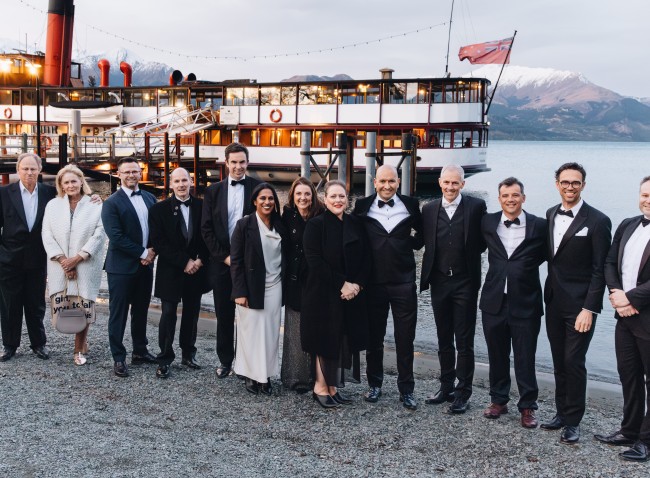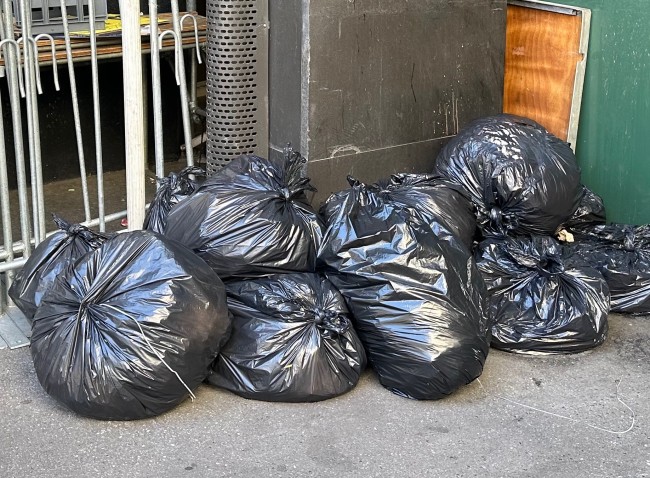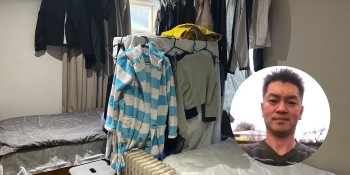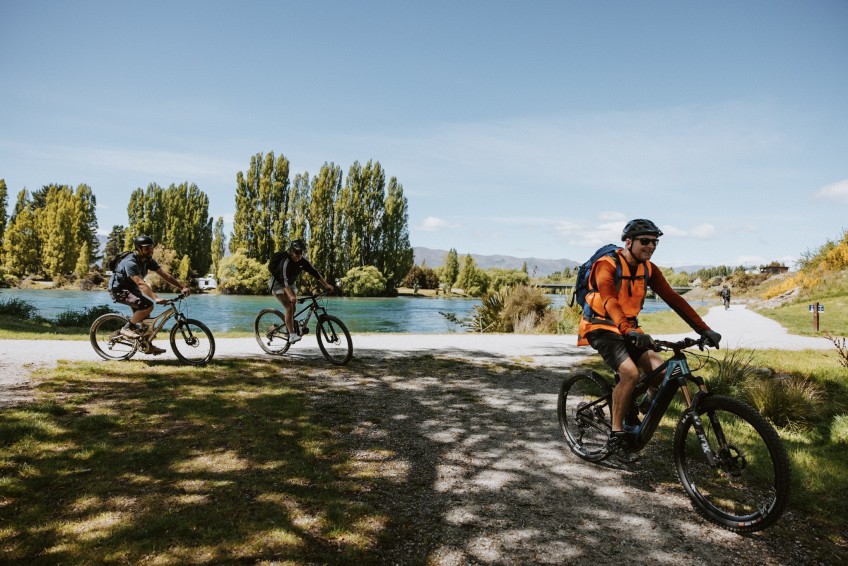
Last chance for Wao transport survey
Today is the last day to complete the 2023 Get SMART transport survey run by Wao Aotearoa.
Responses to the survey will help organisers understand how, as a community, we move around.
As we continue to navigate the challenges of urbanisation and environmental concerns, a greater understanding of current challenges, our attitude towards transport and shifts in how we move is critical.
“Over the next decade, how we move around is going to radically change. We’ve seen that increased prices at the pump, more access to electric vehicles (EV) and increasing understanding of climate impacts and importance of wellbeing has motivated a significant shift in how we move in the last two years," Wao general manager Monique Kelly says.
"In 2021, eight percent of those surveyed owned an EV, with the clean car rebate put in place since the last survey, we expect to see a significant increase in this percentage. We see this as just the beginning of a flip. But there are still challenges to overcome. The biannual survey will help us to identify those challenges as well as tracking change over time."
Queenstown Lakes is one of the fastest growing districts in the country.
"As our district grows, we need to set up an active and shared transport infrastructure now before we choke on congestion and emissions and to make it safer for everyone on the road," Ms Kelly says.
Transport emissions make up about 50 percent of the district's total emissions, although this figure does not take into account all of the scope three emissions for flights in and out of Queenstown Airport. So, the greatest impact we can have on reducing our footprint is shifting how we move.
In 2021 89 percent of households had two or more cars in the garage, while more than 90 percent of respondents had access to a push bike, e-bike or other form of micro mobility. Yet for the majority of trips under four kilometres respondents were still using the car.
A 2018 report found that one kilogram of carbon dioxide emissions results in enough heat being retained in the atmosphere for 15 kilograms of glacier ice to melt. That’s one kilogram of glacial ice melt every 500 meters driven. So small changes count.
A quick win to health, budget and climate is to bike, walk or scooter for those small trips.
There is clear evidence that a need to reduce traffic congestion should also be a high priority.
Embracing active transport modes helps alleviate traffic congestion, leading to smoother traffic flow and reduced travel times. A decrease in reliance on motorised vehicles not only improves overall transportation efficiency but also enhances road safety for all community members.
And what does Wao also love about active transport? It is social connectivity.
Walking and cycling provide opportunities for social interactions, strengthening community bonds and fostering a sense of belonging.
By creating pedestrian-friendly spaces and cycling infrastructure, communities can enhance the social fabric, creating environments that are not just transit routes but vibrant public spaces.
So help us make this happen. Your feedback through the Southern Lakes Transport Survey will help qualify further infrastructure investment.
To complete the survey visit www.wao.co.nz/getsmart
Survey closes 1st December.










